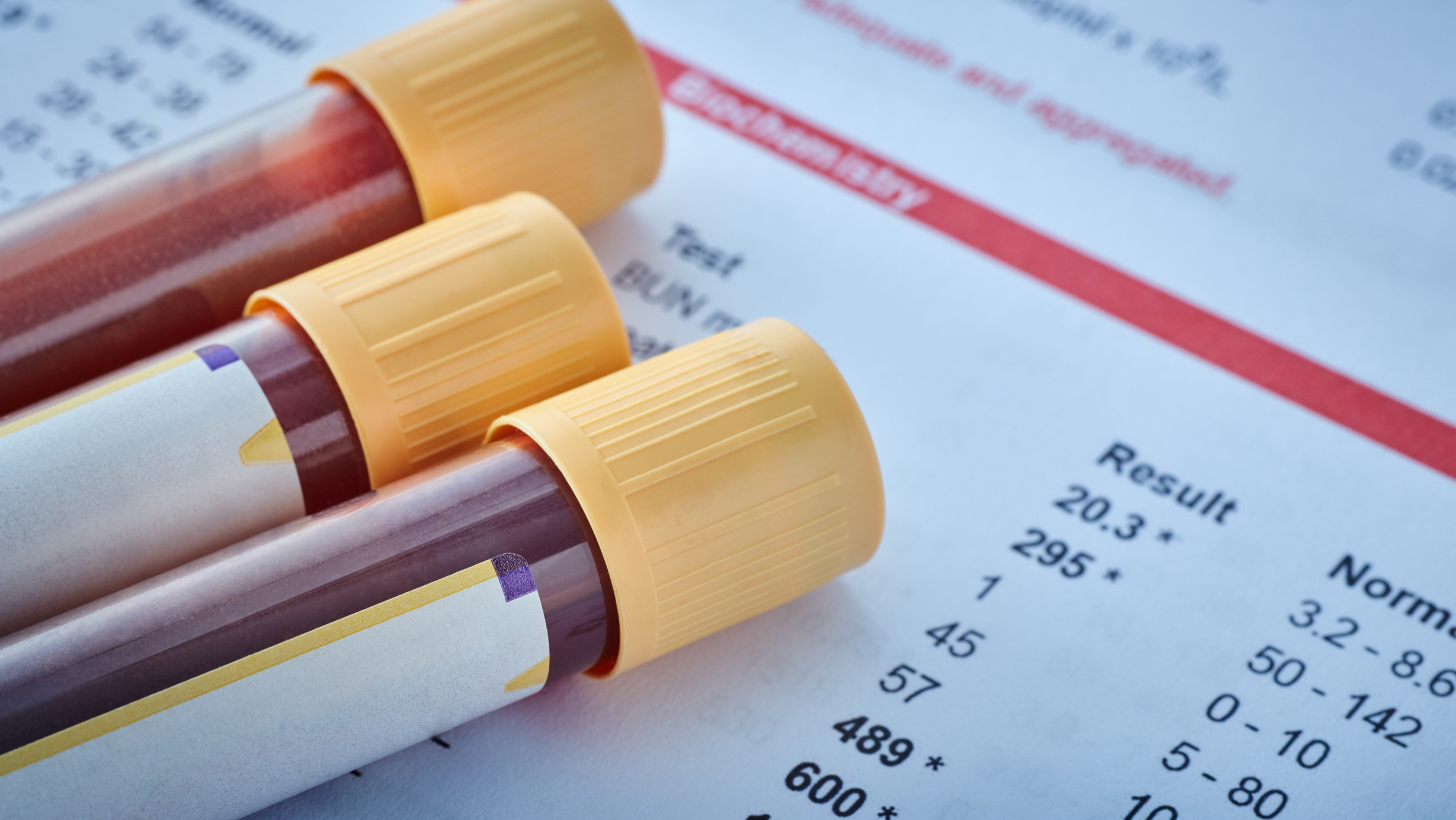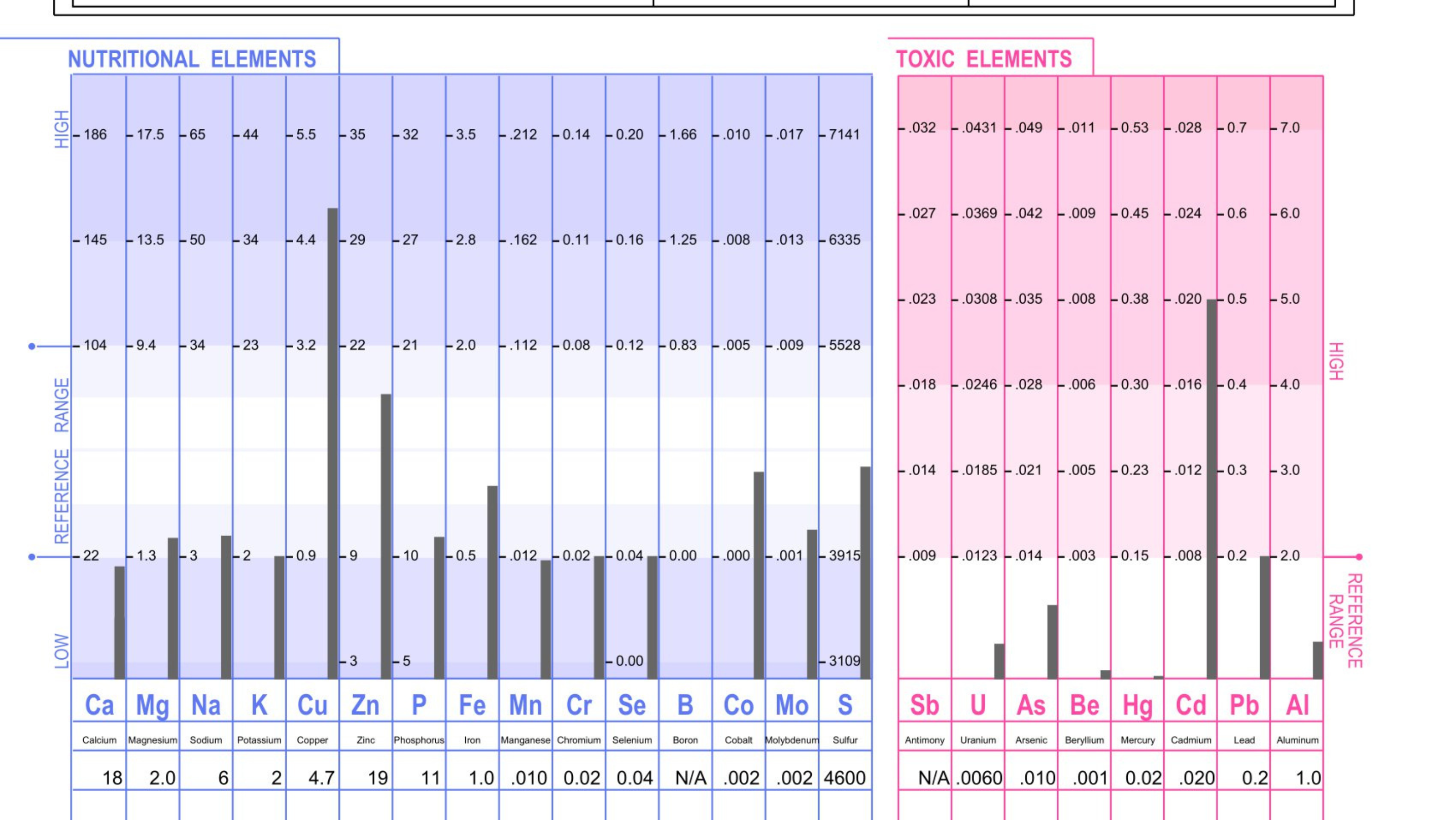I hope I’m not the first to tell you this, but your cycle can tell you A LOT about your health! It’s even been called the fifth vital sign and there are multiple books written on the topic! Your cycle is sooo much more than a monthly occurrence- it’s a window into your overall health and fertility. It’s not something you should only pay attention to once (or if) you decide to TTC. It’s something every woman should learn about because it tells you a lot about your hormones, thyroid health, nutritional imbalances, gut health, and more! 👏🏻
🗓️ As Lara Briden says, “Think of your period as your monthly report card. Every month, it can offer a helpful account of what is happening with your health in general.” With the information you get each month, you have the opportunity to listen, and better support your body. You get to understand the nuances of your own cycle and become your own practitioner. 🙌🏻
I’m going to cover this in two parts. Part 1- what your cycle may be telling you. Part 2- what this means if you are trying to conceive and how this can affect your fertility which will be in a separate post. Keep in mind that I’m talking about a cycle that does not include the use of birth control. That is an entirely different topic since each form of birth control will change your cycle in some way.
What Your Cycle Is Telling You
Long Cycles (35+ Days)
If your cycle is consistently longer than 35 days, it could be a sign that ovulation is not happening regularly. This is often associated with hormonal imbalances like polycystic ovary syndrome (PCOS), where there is an excess of androgens (male hormones) and often higher levels of insulin. Long cycles may also indicate low levels of progesterone, which is crucial for regulating your cycle and supporting pregnancy. Think of it as a "feel good" hormone. If ovulation isn’t happening, you’ll want to investigate further as it directly impacts your ability to conceive.
Short Cycles (Less than 24 Days)
A cycle shorter than 24 days could indicate that your luteal phase (the second half of your cycle) is too short, often pointing to low progesterone levels. This can affect your ability to maintain a pregnancy if you conceive. Short cycles can also be a sign of perimenopause, where estrogen levels fluctuate, leading to irregular and often shorter cycles.
Breast Pain or Sore & Lumpy Breasts Leading Up To Your Period:
In addition to this being a sign of hormonal imbalances like high estrogen or low progesterone, premenstrual breast pain may also be a sign of iodine deficiency. Iodine is necessary for healthy thyroid function, and a deficiency can lead to hypothyroidism, which can disrupt the balance of reproductive hormones. Insufficient iodine can cause the breast tissue to become more sensitive to hormonal changes, leading to tenderness and pain before your period. Not so fun!✋🏻
Symptomatic Periods (Heavy, Painful, or Spotting)
Experiencing heavy bleeding, significant pain, or spotting between periods isn’t just inconvenient—it could be a sign of underlying issues:
Heavy Bleeding: This could indicate high levels of estrogen or low levels of progesterone, leading to a thicker uterine lining that sheds more heavily during your period. Fibroids and endometriosis can also contribute to heavy periods.
Painful Periods: While some discomfort is normal, severe pain could be a sign of endometriosis or adenomyosis, where uterine tissue grows outside the uterus or into the uterine wall, respectively. These conditions can cause significant pain and affect fertility.
Spotting: Spotting between periods can be related to a hormonal imbalance, such as low progesterone or thyroid issues. It might also be a sign of cervical polyps or infection. If you're spotting consistently, it's important to look into this.
PMS
PMS involves a range of symptoms such as mood swings, irritability, acne, bloating, fatigue, and cravings that occur in the luteal phase of your cycle, typically just before your period. While some (mild) PMS and mood changes are common, severe or persistent symptoms may indicate an imbalance between estrogen and progesterone. High estrogen or low progesterone, estrogen waves, and inflammation can exacerbate PMS. PMS can sometimes be linked to magnesium or vitamin B6 deficiencies. Depending on your symptoms, it could also be good to look into gut health, adrenal function, and how well your body is using and recycling iron.
Anovulation (Not Ovulating)
Not ovulating regularly can be a sign of various hormonal imbalances, including low levels of luteinizing hormone (LH), high levels of prolactin, or thyroid dysfunction. Without ovulation, your body won’t produce enough progesterone, leading to irregular cycles or even no periods at all. This can make it difficult to conceive, as ovulation is essential for pregnancy.
Amenorrhea (An absent menstrual cycle)
Can be a significant sign that your body is out of balance. Whether you've missed one period or haven't had a cycle for months, it’s a good idea to dig into this further. The most common causes:
Polycystic Ovary Syndrome (PCOS): One of the most common causes of amenorrhea, PCOS is characterized by high levels of androgens (male hormones) and insulin resistance. Women with PCOS often have irregular or absent cycles due to disrupted ovulation.
Hypothyroidism: An underactive thyroid can lead to irregular or absent periods. The thyroid gland plays a crucial role in regulating your hormones, and when it’s not functioning properly, your cycle can be affected.
Hyperprolactinemia: Elevated levels of prolactin, a hormone responsible for milk production, can suppress ovulation and lead to absent periods. This condition is often caused by a benign pituitary tumor.
Low Progesterone: Without sufficient progesterone, your body may not shed the uterine lining regularly, leading to missed periods. Low progesterone can be a result of anovulation, stress, or other hormonal imbalances.
Stress and Emotional Factors
Hypothalamic Amenorrhea: High levels of physical or emotional stress can impact the hypothalamus, the brain region responsible for regulating your menstrual cycle. When stress disrupts the normal signaling from the hypothalamus to the ovaries, ovulation may stop, leading to absent periods.
Sudden Weight Loss or Low Body Fat: Extreme dieting, excessive exercise, or an eating disorder can lower your body fat percentage, which is essential for hormone production. When your body perceives that it doesn’t have enough resources to support a pregnancy, it may shut down your reproductive system temporarily
If you are struggling with sub-optimal cycles and want answers to what is going on, it’s worth investing in root cause testing! Basic blood work, mineral testing (HTMA), and DUTCH (hormone) tests can give you clear answers to what your cycles (and body) are telling you! I offer all these tests to my 1:1 clients to get to the bottom of their symptoms. If that sounds like you and you want to know more, book a free consult here!






